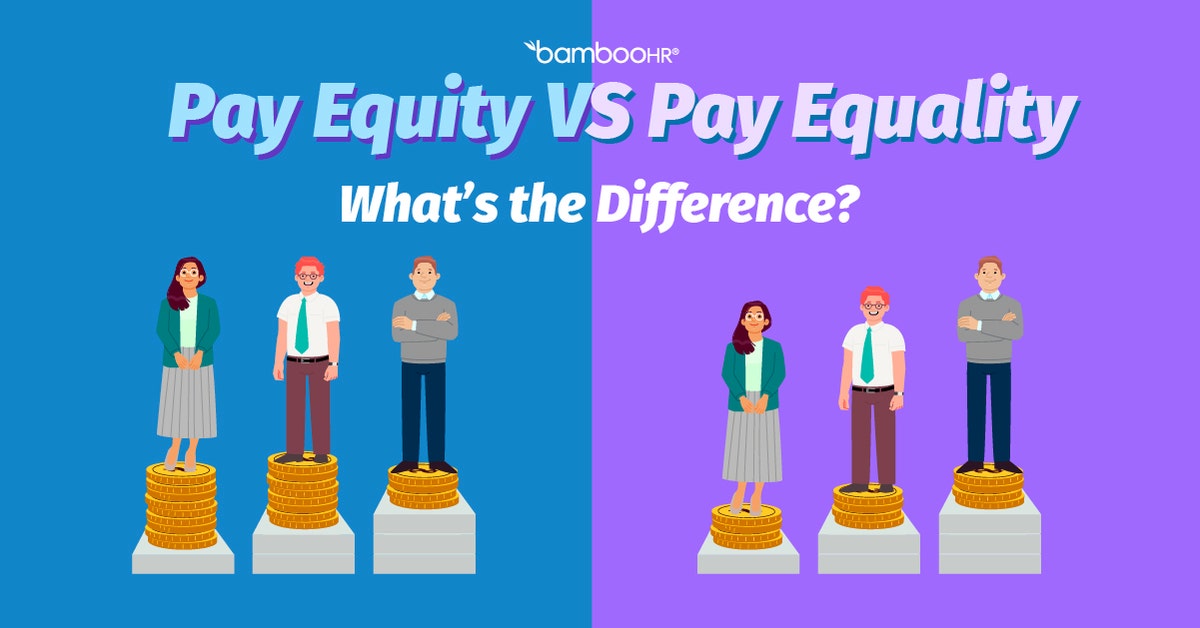Pay equity refers to the principle that people should be paid fairly for work of equal value. It means that individuals should receive equal pay for equal work, regardless of factors like gender, race, ethnicity, or age.
Why is Pay Equity Important?
- Fairness and Justice: It ensures that all employees are treated fairly and receive equitable compensation.
- Employee Morale: Fair pay practices can boost employee morale and job satisfaction.
- Productivity: A motivated and satisfied workforce can lead to increased productivity.
- Legal Compliance: Adherence to equal pay laws and regulations.
- Positive Company Reputation: A reputation for fair pay practices can attract and retain top talent.
Challenges to Achieving Pay Equity
- Unconscious Bias: Unconscious biases can influence hiring, promotion, and compensation decisions.
- Job Evaluation: Inconsistent job evaluation methods can lead to pay disparities.
- Negotiation Skills: Differences in negotiation skills can lead to unequal pay.
- Industry and Occupational Segregation: Women and minorities may be concentrated in lower-paying jobs.
- Lack of Transparency: Lack of transparency in compensation practices can perpetuate pay disparities.
Strategies to Promote Pay Equity
- Regular Pay Audits: Conduct regular pay audits to identify and address pay disparities.
- Transparent Compensation Practices: Develop clear and transparent compensation policies and procedures.
- Objective Performance Evaluations: Use objective performance metrics to assess employee performance.
- Training and Education: Train managers and employees on unconscious bias and fair pay practices.
- Employee Empowerment: Encourage employees to speak up about pay concerns and seek support.
- Data-Driven Decision Making: Use data analytics to identify and address pay gaps.
- Legal Compliance: Ensure compliance with equal pay laws and regulations.
By prioritizing pay equity, organizations can create a more just and equitable workplace, improve employee morale, and enhance their overall reputation.
Would you like to know more about a specific aspect of pay equity, such as the gender pay gap or the impact of unconscious bias on compensation decisions?




